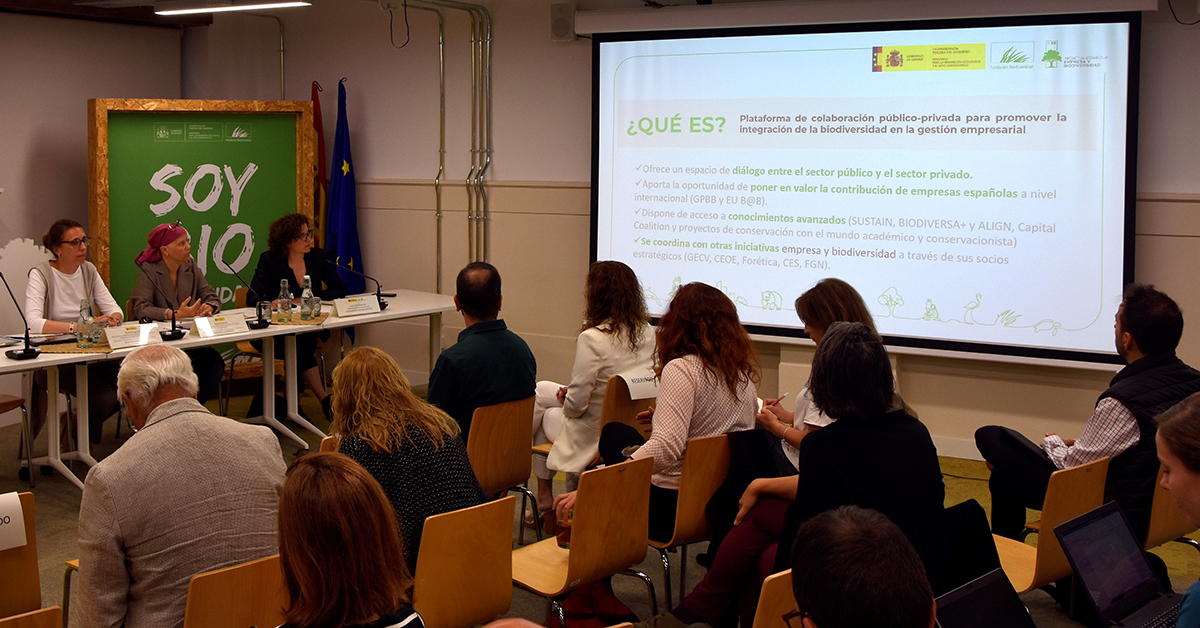EU Council general approach on the European Imported Deforestation Regulation approved

The European Union (EU) is committed to promoting and implementing ambitious environment and climate policies worldwide, with the aim of halting deforestation and forest degradation, in order to comply with the Charter of Fundamental Rights of the European Union, the European Green Deal and the Sustainable Development Goals related to life on land (SDG 15), climate action (SDG 13), responsible production and consumption (SDG 12), zero hunger (SDG 2) and health and well-being (SDG 3).
Deforestation and forest degradation are occurring at an alarming rate. The Food and Agriculture Organization of the United Nations (FAO) estimates that between 1990 and 2020, 420 million hectares of forest were lost globally. This fact causes greater global warming and loss of biodiversity, which are the two most important environmental challenges today. According to these same calculations, 10 million hectares of forest are lost every year worldwide.
The Environment Council of the European Union has given the green light to the “general approach” on the text of the European Regulation on Imported Deforestation, which is an important step forward in the search for a new regulation on the protection of forests and biodiversity.
Another important announcement is the creation of the European Union Observatory on Deforestation, Forest Degradation, Global Forest Cover Changes and Associated Indirect Factors. This body shall closely monitor these aspects and ensure the implementation of this regulation, based on scientific evidence related to deforestation and forest degradation at global level. It will also cooperate with international organizations, research institutes and countries.
According to data collected in the latest scientific review estimating the impact of EU consumption on global deforestation, six products account for the largest share of EU-driven deforestation: palm oil (33.95%), soy (32.83%), timber (8.62%), cocoa (7.54%), coffee (7.01%) and beef (5.01%).
The proposal seeks to curb the effect on global deforestation of the consumption of these products in the Union. To this end, raw materials and derived products included in the Regulation may only be placed, placed on the Union market or exported from the Union market if they meet all of the following conditions: they are deforestation-free; have been produced in accordance with the relevant legislation of the country of production, and are covered by a due diligence statement.
The Commission will continue to work and cooperate with countries, international organizations and agencies on forest protection, deforestation-free production and promoting sustainable forest management.
The legislative proposal will continue to be negotiated within the European institutions. The European Parliament will vote on the amendments in the Committee on the Environment, Public Health and Food Safety on 12 July and in the Plenary on 12 September this year, at which time the “trialogues” could begin to try to approve a final text by the end of 2022.
We cannot forget that deforestation (as one of the main transformations of land use) is, together with pollution, climate change, invasive species and the overexploitation of resources, one of the main causes of biodiversity loss on a global scale and that any action aimed at reversing these threats is a positive step towards global ambitions for nature.
Noticias relacionadas




